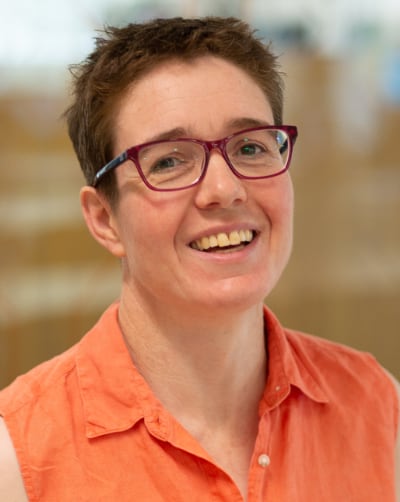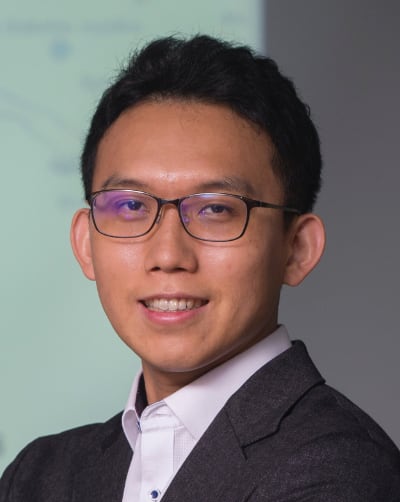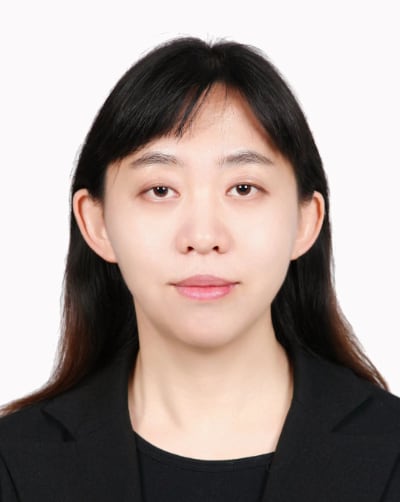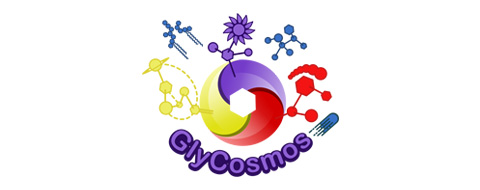Program
Schedules
Keynote Speakers

- Charlotte Deane MBE
- Professor of Structural Bioinformatics, University of Oxford
- Charlotte is Professor of Structural Bioinformatics in the Department of Statistics at the University of Oxford and Chief Scientific Officer –AI at Exscientia. She is also a co-director of the Systems Approaches to Biomedical Research Centre for Doctoral Training which she founded in 2009. She served on SAGE, the UK Government’s Scientific Advisory Group for Emergencies, during the COVID-19 pandemic, and acted as UK Research and Innovation’s COVID-19 Response Director. She has held numerous senior roles at the University of Oxford and until recently was the Deputy Executive Chair of the UK’s Engineering and Physical Sciences Research Council. She was appointed Member of the Order of the British Empire (MBE) in the 2022 Birthday Honours for services to COVID-19 research. At Oxford, Charlotte leads the Oxford Protein Informatics Group (OPIG), who work on diverse problems across immunoinformatics, protein structure and small molecule drug discovery; using statistics, AI and computation to generate biological and medical insight. Her work focuses on the development of novel algorithms, tools and databases that are openly available to the community. These tools are widely used web resources and are also part of several Pharma drug discovery pipelines. Charlotte is on several advisory boards and has consulted extensively with industry. She has set up a consulting arm within her own research group as a way of promoting industrial interaction and use of the group’s software tools.

- Hyun Uk Kim
- Associate Professor at Department of Chemical and Biomolecular Engineering,
Korea Advanced Institute of Science and Technology (KAIST) - Hyun Uk Kim is currently an Associate Professor at Department of Chemical and Biomolecular Engineering, KAIST, Republic of Korea. He also holds positions as an Adjunct Professor at Graduate School of Engineering Biology, BioInformatics Research Center, and BioProcess Engineering Research Center at KAIST. His research interests span systems biology, systems medicine and metabolic engineering. His current studies are focused on computational modeling of medically important microorganisms and selected human cells, and analysis of the biological effects of drugs. His computational modeling work in systems medicine aims to predict drug targets and biomarkers for diseases, including cancer. He earned his B.S. at Yonsei University, and both M.S. and Ph.D. at KAIST. He joined KAIST as Assistant Professor in 2018, and has published more than 90 scientific papers.

- Kei Sato
- Professor, Division of Systems Virology, Department of Microbiology and Immunology,
The Institute of Medical Science, The University of Tokyo - Dr. Kei Sato is a Professor at The Institute of Medical Science, The University of Tokyo, Japan. Dr. Sato is pioneering a new field of virology that he calls ‘systems virology’, which encompasses multiple aspects of viruses, such as epidemiology, pathogenicity, replication dynamics, and viral structures, and applies this interdisciplinary approach to HIV and SARS-CoV-2. To combat the COVID-19 pandemic, Dr. Sato launched a consortium, ‘The Genotype to Phenotype Japan (G2P-Japan)” which is organized mainly by young virologists, in 2021.

- Xiujie Wang
- Principal Investigator at the Institute of Genetics and Developmental Biology (IGDB), Chinese Academy of Sciences
- Prof. Xiujie Wang received her Ph.D. degree in bioinformatics from The Rockefeller University in 2004, and is currently a Principal Investigator at the Institute of Genetics and Developmental Biology (IGDB), Chinese Academy of Scienc Since joining IGDB around the end of 2004, Prof. Wang has been leading a research group working on bioinformatics and systems biology, with an emphasis on non-coding RNAs and RNA modifications. Her team has identified detected a cluster of stem cell pluripotency related miRNAs, revealed the new roles of miRNAs in regulating the formation of RNA m6A modification, and discovered the function of RNA m6A modification in regulating the efficacy of long term memory formation. In recent years, Prof. Wang’s lab has also started researches on the generation of human multi-tissue embryo-like in vitro models and 3D printing-based cardiac tissue construction. Prof. Xiu-Jie Wang has published over 110 research papers on journals including Nature, Cell Stem Cell, Cell Research, Genome Biology, with an H-index of 53. Prof. Xiu-Jie Wang has received many awards, including NSFC Outstanding Young Scientist Award, DuPont Young Scientist Award, 3D Pioneers Challenge Award in MedTech 2022, and jointly won China National Natural Science Award (Second Class Prize) in 2014 and 2016, respectively.






.jpg)









_novo.jpg)

